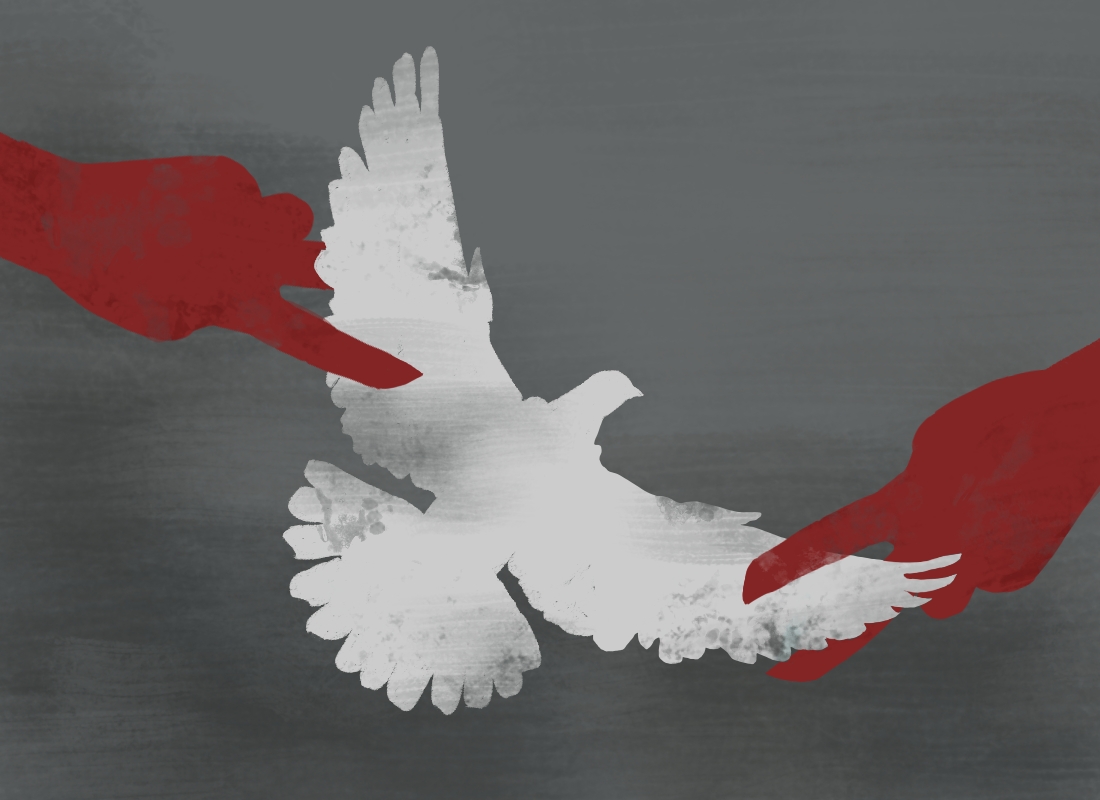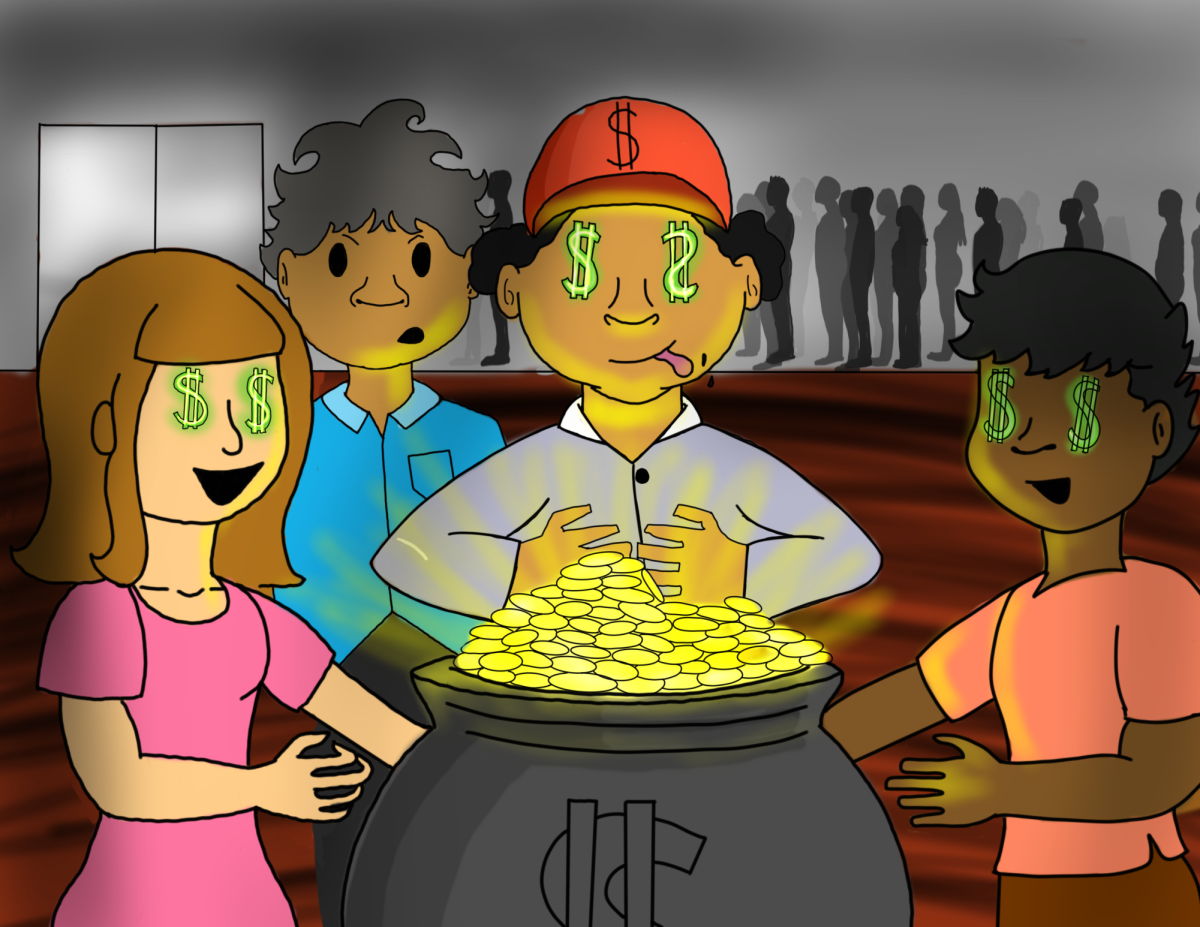The show “American Chopper” has a special, almost religious place in my home. My dad and my brother follow it with a feverish tenacity, never growing tired of Paul Sr. reprimanding Paul Jr. for not meeting his deadline following his instructions. Zombified, neither my dad or brother could tell you what we’re having for dinner, where the car keys are, or even what they did during the day.
American Chopper is only one of many popular reality programs on television. My dad says, “It’s fun to watch other people do work for once.” While we are bemused by the sight of people eating roaches for money, unsuspecting fools rebuked for their inabilities to sing and appearance-wary people competing for a makeover, the rest of the world continues to turn.
The world is left undiscovered by us, too preoccupied by sitting in front of a cathode-ray tube watching others live their lives, rather than doing something on our own; something “real,” so to speak.
How anything on television can be defined as true to reality is a mystery to me; it’s almost paradoxical. Yet, this is how we many of us spend our time, relaxing, an average of 4.4 hours a day.
To put this into perspective, consider how many hours a day you watch television.
Multiply this by the seven days a week, then four weeks in an average month, sans February, and then 12 months in a year. Your result is how many days, even months of your life you’ve devoted to watching other people doing things.
Human drama and spectacle is where appeal is at with these shows. One of the oldest and still popular reality shows is MTV’s “The Real World.” In its 15th season, people are still bickering over each other’s idiosyncrasies and we continue to devour it. Is their new domicile not posh enough?
TV networks enjoy airing these programs as much as we like watching them because they’re lucrative. Reality TV is economical, in that they don’t need to hire actors; game shows are the same way. At one point, other successful programs such as “Friends” and “Seinfeld” cost as much as $1 million per actor, per episode. The payout for participants in reality shows could be as simple as them being on TV.
Here are several examples of what could be done instead of watching reality TV, much less, television in general: paint a fence, shave, push a hoop with a stick, clean out the garage, take up a musical instrument, read a book, write a book, bounce a basketball, stand outside in the sun and so forth. Do something, anything else, taking this statement with a grain of salt.
Reality TV shows could inspire us to go out and live. We could be the stars, instead of the spectators. If not, I implore you to do so anyway.








